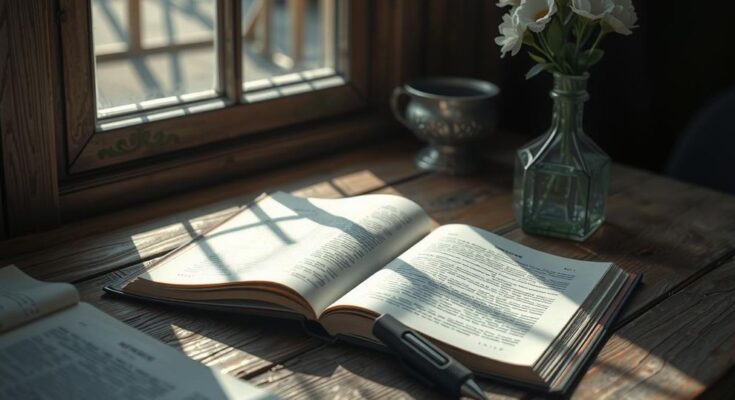In a troubling decision on January 8, 2025, the Lebanese government deported Abdulrahman Youssef al-Qardawi, a poet of Egyptian-Turkish descent, to the UAE, despite the high risk of facing an unfair trial and potential torture. Al-Qardawi was apprehended at the Masnaa border crossing after returning from Syria due to extradition requests from Egypt and the UAE, with authorities claiming his social media posts were a threat to national security.
Lebanese lawyer Mohammed Sablouh revealed that the UAE’s demands for extradition were based on charges of spreading misinformation and disrupting public order, stemming from a post made during al-Qardawi’s time in Syria. Notably, Human Rights Watch examined the post and found it did not violate international laws.
“Arbitrarily deporting a poet to the UAE merely for peaceful social media criticism seriously undermines the rule of law in Lebanon,” stated Ramzi Kaiss from Human Rights Watch. The Lebanese government, ignoring al-Qardawi’s appeal against deportation and substantial concerns about his safety, proceeded with the expulsion.
Al-Qardawi’s activism included condemning the governments of Egypt, the UAE, and Saudi Arabia while in Syria. His previous conviction in absentia in Egypt for “spreading fake news” exemplifies the dangers he faces upon return. Sablouh had urged Lebanese authorities not to extradite al-Qardawi due to these serious risks, but the Public Prosecutor ignored these warnings and green-lighted the extradition.
Human Rights Watch highlighted that Lebanon’s actions violate domestic and international law, particularly the Convention against Torture, which prohibits deportation to nations where individuals may face torture. Article 34 of the Lebanese Penal Code clearly states that requests based on political crimes should be denied.
The UAE has a notorious reputation for human rights violations, maintaining oppressive laws against dissenters and activists. Al-Qardawi’s potential fate mirrors that of countless others caught in the UAE’s harsh justice system, characterized by unfair trials and severe treatment.
Despite governmental assurances of humane treatment offered by UAE officials, these verbal guarantees do not hold weight against documented abuses within the Emirati judicial system. Deportation to either Egypt or UAE poses significant risks to al-Qardawi, as evidenced by precedents set by both governments regarding the treatment of dissenters.
Lebanon’s deportation order for al-Qardawi exemplifies a grave miscarriage of justice, compromising the poet’s safety and undermining Lebanon’s commitment to protect human rights. The global community watches closely as Lebanon navigates its role amidst pressures from more powerful Gulf States.
Abdulrahman al-Qardawi, a poet, was deported by Lebanon to the UAE on January 8, 2025, despite serious risks of torture and unfair trial. Arrested upon returning from Syria, his social media criticisms triggered extradition requests from Egypt and the UAE. Human Rights Watch condemned the decision as a violation of international laws protecting individuals from torture and unfair trial.
The Lebanese government’s actions against poet Abdulrahman al-Qardawi reveal a troubling disregard for human rights, as he faces deportation to a country known for its abusive practices against critics. Despite appealing against this decision, al-Qardawi was forcibly removed without consideration of the potential threats to his safety. This situation highlights the precarious relationship between dissent and governance in a region where freedoms are increasingly suppressed.
The deportation of Abdulrahman Youssef al-Qardawi reflects broader issues of human rights violations and the treatment of dissent in the Middle East, particularly in Lebanon, the UAE, and Egypt. For many years, writer and activists have faced repercussions for their criticisms of governmental policies, often resulting in unfair trials or worse forms of detention. Al-Qardawi’s case is a pivotal one, indicating the fragile state of free expression within the region and the international obligations that countries like Lebanon have yet to uphold.
Original Source: www.hrw.org



